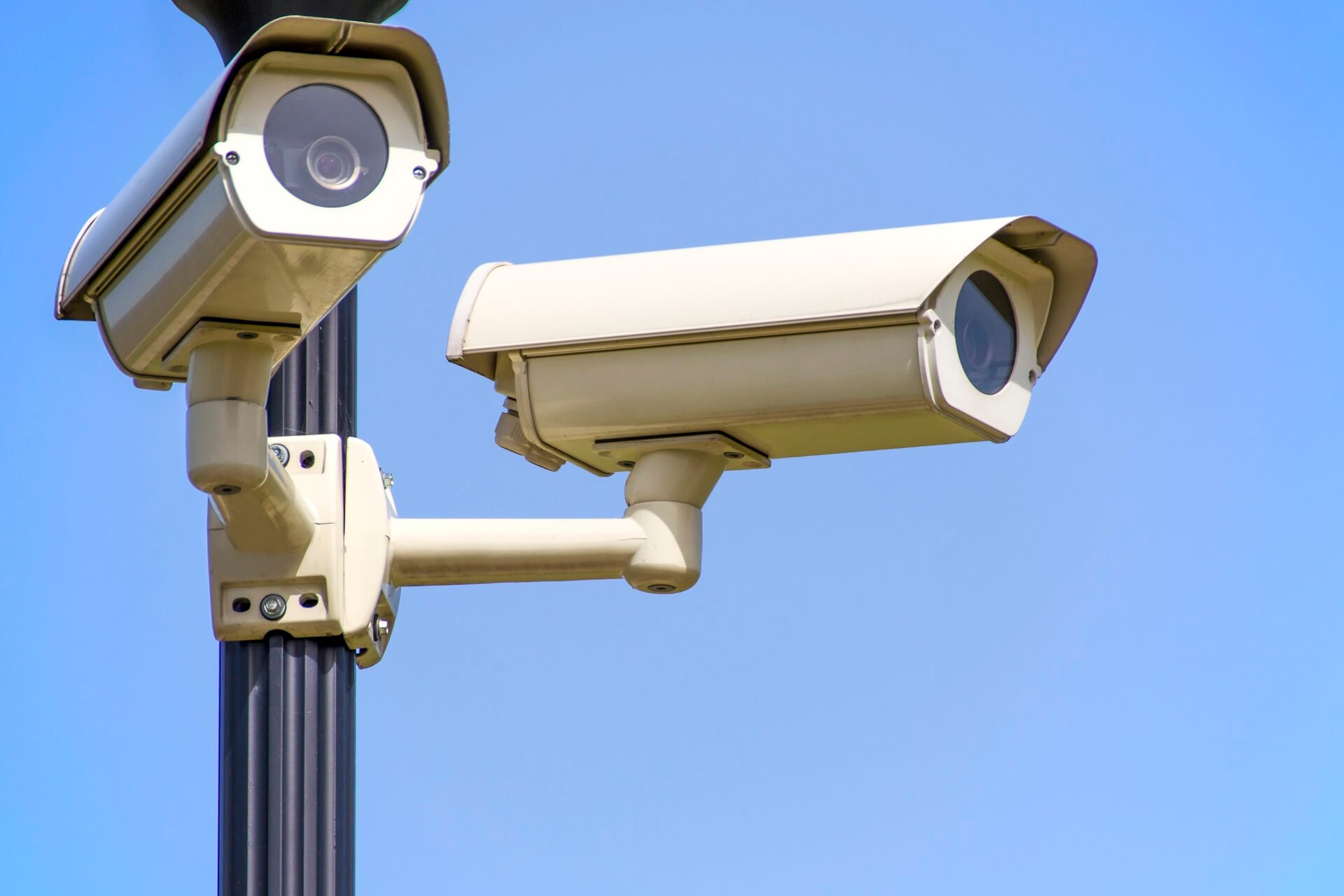Meeting new people online can be a gamble. Because of how easy it is to set up online profiles, some people have taken advantage of this by creating fake online personas and tricking people, usually on social media or on networking sites. This activity is called “Catfishing” and it can be a real threat especially if you’re trying to make online transactions; you may be sending money to someone that won’t give you what you’re paying for.
Fortunately, it’s not entirely impossible to protect yourself from catfishing. You have plenty of tools – both offline and online – at your disposal to verify the identity of the people you meet on the Internet. Let’s take a look at what you can do to keep yourself safe from catfishing.
- Hire a Private Investigator
Normally, you wouldn’t have to consider hiring a private investigator just to keep yourself safe from catfishing. However, it is your best option if you’re talking to someone and a lot of money or property is involved. Feeling doubtful about a fine piece of property selling for a very good price? Hire someone to make sure the real estate agent you met online is legit.
Of course, it’s also a great option for other circumstances prone to catfishing, but it might be a case of overkill if you’re just worried about whether that hunk you met online really has the hots for you. For those circumstances, you have a number of alternative safety options.
- Google It!
One of the best ways to know about stuff online is by using search engines, so why not use it for a basic identity check? Get the full name of the person in question and run a quick search. This should give you more information if that person is active in other sites or online networks.
If searching for a full name doesn’t bring up enough info, use the person’s profile pictures and run a few image searches. You can also use the person’s nickname, location, workplace and even alma matter to help verify their identity. If nothing matches up, you may be looking at a false profile.
- Check Out Their Social Media Profiles
You can learn about a person by checking his social media profile. More importantly, you can keep yourself safe from catfishing if you know the signs of a fake profile. Common red flags include very sparse personal photos or an inactive wall. Sure, the person might just have recently discovered Facebook, but would you really trust a profile that looked like it was made in a hurry?
You should also check if the person has other online profiles. A good way to do this is to check out their online handles and see if it leads you to blogs or other similar online platforms. Of course, some common sense is involved: if you see generic handles like “daddyprofile76” or something sales-y like “goodproductdeals”, you should consider being extra careful.
- Always Keep Records or Check Out Existing Ones
It’s always wise to keep a record of things when there’s money involved. Get screenshots of your conversations and keep a record of voicemail or phone calls. Store email in a special folder for easier tracking if you have to. The more info you have, the easier it is to protect yourself or track down the person in case something goes awry.
You can also check if there are records of the person in question. Accessing public records let you perform a background check on individuals that might have a criminal record. This may cost you a little cash, but the extra security is worth it.
False information is a real threat in the digital age. Knowing how to verify a person’s identity is essential in keeping yourself safe from anything ranging from heartbreak to getting your money scammed.





